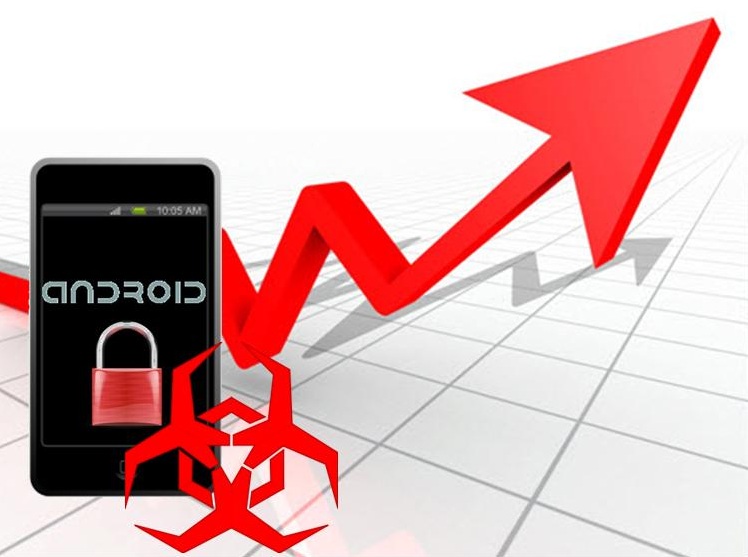False Android applications are becoming much more common in official marketplaces.
When it comes to mobile security, malware and other related issues can appear in some of the places that you’d least expect them, including many seemingly harmless apps that can bring about a world of problems to their users.
Although many device users feel safe when they stick to official marketplaces, they may not be as secure as they think.
In the universe of fake Android apps, it used to be the case that they were primarily found in sketchy underground forums. However, there are also a swath of “unauthorized” applications appearing in official marketplaces and that are leading to mobile security issues for those who download and install them.
These mobile security threats aren’t typically malware in the most traditional sense of the word.
 Though some may contain an Android Trojan virus that will download additional apps into a device or alter its normal operation, others can slip in undetected and collect the user’s personal data, only to send it away to remote servers of the developer. Many of them are using the old “bait and switch” technique that users often experience when they feel that they’re downloading one kind of app only to discover that they have received something primarily designed to keep a ton of ads constantly being displayed or that the home screen is changed around.
Though some may contain an Android Trojan virus that will download additional apps into a device or alter its normal operation, others can slip in undetected and collect the user’s personal data, only to send it away to remote servers of the developer. Many of them are using the old “bait and switch” technique that users often experience when they feel that they’re downloading one kind of app only to discover that they have received something primarily designed to keep a ton of ads constantly being displayed or that the home screen is changed around.
Unless absolutely necessary, it’s wise not to check off the option for the device to install apps from “unknown sources” on an Android device. This can create a tremendous number of mobile security problems if it is not done. Though it is necessary to check that box when testing an app that is currently under development and that is legitimate, it is extremely unwise to take that step in order to try to obtain pirated content. In those cases, you never know what you’re actually installing onto your device.
It is also a good idea for mobile security to check the developer, as a number of apps are being produced that look legitimate, but that are clearly not from official sources. For instance, there are dozens of games that look like they have Disney titles, but where Disney is not the developer. Moreover, it is important to note that BlackBerry is now the company name, not RIM, as unethical developers are trying to trick people who were not aware of the change.

